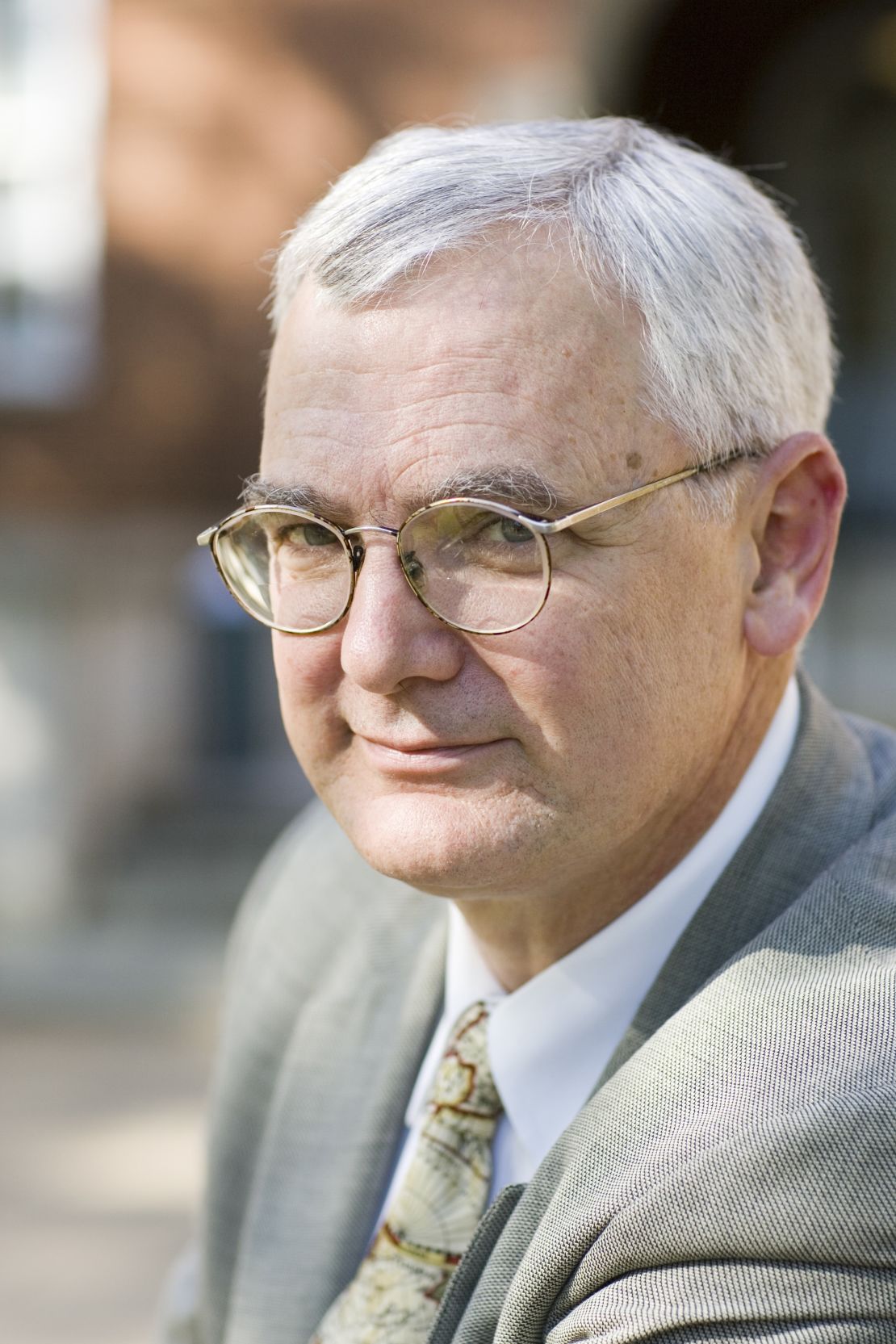Editor’s Note: Allen C. Lynch is a professor of politics at the Center for Russian and East European Studies at the University of Virginia. He is the author of a new book, “Vladimir Putin and Russian Statecraft.”
Story highlights
Russia is holding presidential election on March 4; Putin is expected to win
Allen Lynch: The alternative candidates to Putin are much worse for Russia
He says a Russia without Putin at the helm would probably be plunged into political chaos
Lynch: If Putin doesn't embrace reform, Russia will not become a truly modern society
The foiled plot to assassinate Russian Prime Minister Vladimir Putin just days before the presidential election is certain to strengthen his margin of victory at the polls on Sunday.
Not surprisingly, the timing of the revelation – three weeks elapsed between the key arrest in the case and its public announcement – has fueled speculation that the whole affair was cooked up by the Putin camp as an 11th-hour surprise in order to guarantee Putin’s re-election.
Whether that may be the case, the reality is that even before the plot was revealed, independent projections showed Putin will win the election to become president of Russia once again.

In recent weeks, American media coverage of the Russian presidential election has focused on the remarkable series of protests across Russia against the falsified parliamentary elections in December and the Putin political machine that rigged them. Russians of all political stripes bravely and peacefully gathered to demonstrate against Putin’s authoritarian grip on power. To some, this may have looked like the beginning of the end of the Putin era.
Yet, missing from this narrative is the irony that many Russian liberals who genuinely despise Putin would probably vote for him if they thought he might actually lose. How can this possibly be?
The short answer is that at present, the alternatives to Putin are much worse for Russia and for its liberals in particular and the liberals know it. The other four presidential candidates are not along the liberal, democratic left but rather along the chauvinist, xenophobic and anti-Semitic right.
Moreover, a Russia without Putin at the helm would probably be plunged into political chaos or worse. Currently, Putin alone has been able to balance the various and powerful economic and paramilitary factions. All politically observant Russians know this.
Only the Communist, Gennady Zyuganov, has any chance of obtaining more than 10% of the popular vote. The remaining three candidates are long shots. There’s Vladimir Zhirinovsky, himself a creature of the KGB in the late Gorbachev era who, like the talentless Zyuganov, has been running hopelessly for president for 20 years and has even tried to claim Alaska for Russia. Then there’s Sergei Mironov of Just Russia who is pro-Putin and predicts a Putin victory. Finally, there’s billionaire Mikhail Prokhorov, whose website was hacked and pasted with pro-Putin pronouncements just before he announced his candidacy. None of these four candidates has a plausible program for administering the country or a body of specialists capable of doing so.
This political farce has been compounded by the last-minute disqualification of Grigory Yavlinsky, a liberal economist. His candidacy came into question after the Central Election Commission said he didn’t have enough signatures of support for his application.
No doubt Putin worried that a Yavlinsky candidacy might attract enough votes – even if just 10% – that together with votes for the other four candidates might have deprived him of an absolute majority in the first round of voting. This would have resulted in an embarrassing runoff election. But Putin was also concerned about the fact that as a candidate, Yavlinsky would have the legal right, which he was well prepared to exploit, to deploy election monitors throughout the country and thereby question the legitimacy of a Putin victory.
Why does this matter? Those opposed to Putin can deploy about 30,000 election monitors for Sunday’s election. But Russia has more than 90,000 polling stations. With three independent election monitors planned for each station in Moscow, relatively few will be left to patrol the immense space in the rest of Russia, leaving the field clear for Putin’s political machine to tweak outcomes as it sees fit.
Putin will thus certainly receive a handsome majority of the votes on March 4. But he’s not taking any chances. In addition to the usual tactic of exerting pressure on Russia’s media, in recent weeks, the government has intervened to change the board of the most important independent radio station in the country, the Moscow Echo.
There is no question that Putin will win the presidency. But what will he do after he wins? How will he react to the growing signs of dissatisfaction to his rule? Is he up to the task of fundamentally reforming an authoritarian political machine that despite its accomplishments in restoring stability, a modicum of prosperity and international respect after the Gorbachev-Yeltsin years seems incapable of shaping Russia into a truly modern society?
Absent real political reform, Russia will be condemned to the status of a petroleum state a la russe and consigned to the margins of the world economy and culture. Should Putin decide to broaden the base of his government and introduce meaningful elements of political accountability to public affairs, he would have to wage a titanic war against his own loyalists, who altogether control nearly half of Russia’s economic assets. How Putin navigates his next presidency will ultimately determine his reputation in Russian history.
Follow us on Twitter @CNNOpinion
Join us on Facebook/CNNOpinion
The opinions expressed in this commentary are solely those of Allen C. Lynch.




